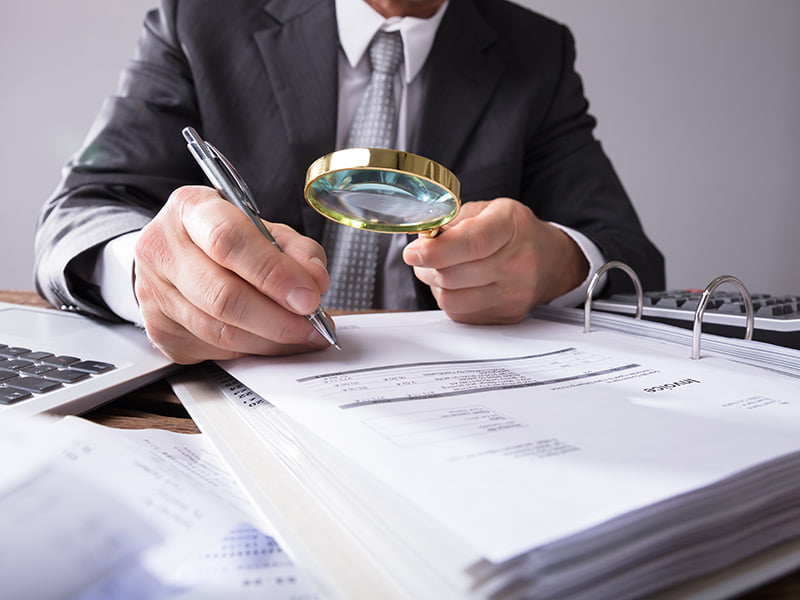The Digital Transformation Agency has flown largely under the radar of the new Albanese Government since it won power at the May election, perhaps unsurprisingly.
And for an agency already chastised for its role in the development of the failed COVIDSafe contact tracing app over the last two pandemic-fueled years, this might have been welcome relief.
But the government now has reason to care, after the DTA was hauled over the coals by the Australian National Audit Office for its procurement practices – one of its few remaining functions.
Finance minister Katy Gallagher, who already has her plate full in the lead up to the October budget, will now be forced to keep a watchful eye on the government’s forgotten digital adviser.

The audit, conveniently released on the eve of Australia’s public day of mourning holiday last week, found that the DTA’s nine most costly procurements between 2019 and 2021 were “ineffective” and “fell short of ethical requirements”.
The audit is about as good a refresher in what not to do in government as any, with conflicts of interest, unfair advantage to suppliers, missing records, and a gamut of other no-no’s on show by the DTA.
In fact, rarely does an audit spell out quite so many problems and in such detail, with the concerns of public servants – or more often, lack of – on show for all.
Many of the contentious decisions can be traced directly to members of senior management, most of whom have left the agency since the former government’s decision to carve up its delivery remit.
In some instances, it appears they simply ignored the fundamental Commonwealth Procurement Rules – ironic given the DTA’s focus on delivering change through policies and other frameworks.
What’s that saying? Practice what you preach.
Perhaps most galling, however, is that several suppliers have now secured multi-year deals worth tens of millions of dollars without a tender.
Take the myGov upgrade, here Deloitte was approached directly for a contract that has since climbed to $28 million – or $45 million when the deal is considered alongside other contracts.
New DTA chief executive Chris Fetchner, who joined the agency after the 2019-21 period audited, has sought to draw a line under the issues identified in the audit and accepted the ANAO’s recommendations.
He also makes the point of differentiating the nine ICT-related service procurements, which included the recent myGov updates and the COVIDSafe app, from its whole-of-government sourcing efforts. As if this has any relevance to the audit’s findings.
“The ANAO’s findings have no bearing whatsoever on our whole-of-government agreements, panels, marketplaces and BuyICT platform,” he said in a statement on Wednesday.
But it is difficult to view these billion-dollar arrangements in isolation when not one of the audited projects were considered effective, especially when it is outsourcing work ahead of negotiation with a key supplier.
Senator Gallagher has promised to “ensure that the processes and behaviours that have been highlighted in this report are cleaned up and don’t happen again”, but this remains to be seen.
It is, of course, entirely possible that the audit is the final nail in the coffin for the agency that has drifted from portfolio to portfolio in recent years.
One of the first actions of the new government was to move the DTA under the stewardship of the Finance department, so it wouldn’t take much more for it to be absorbed entirely.
Consequences for those involved in the contentious decision-making, however, are less likely, with the composition of the agency almost unrecognisable from 12 months ago.
Does your company sell information technology products or services to the Australian Government? InnovationAus.com is conducting a survey of government suppliers. Have your say: Tell us your experience.
Do you know more? Contact James Riley via Email.

